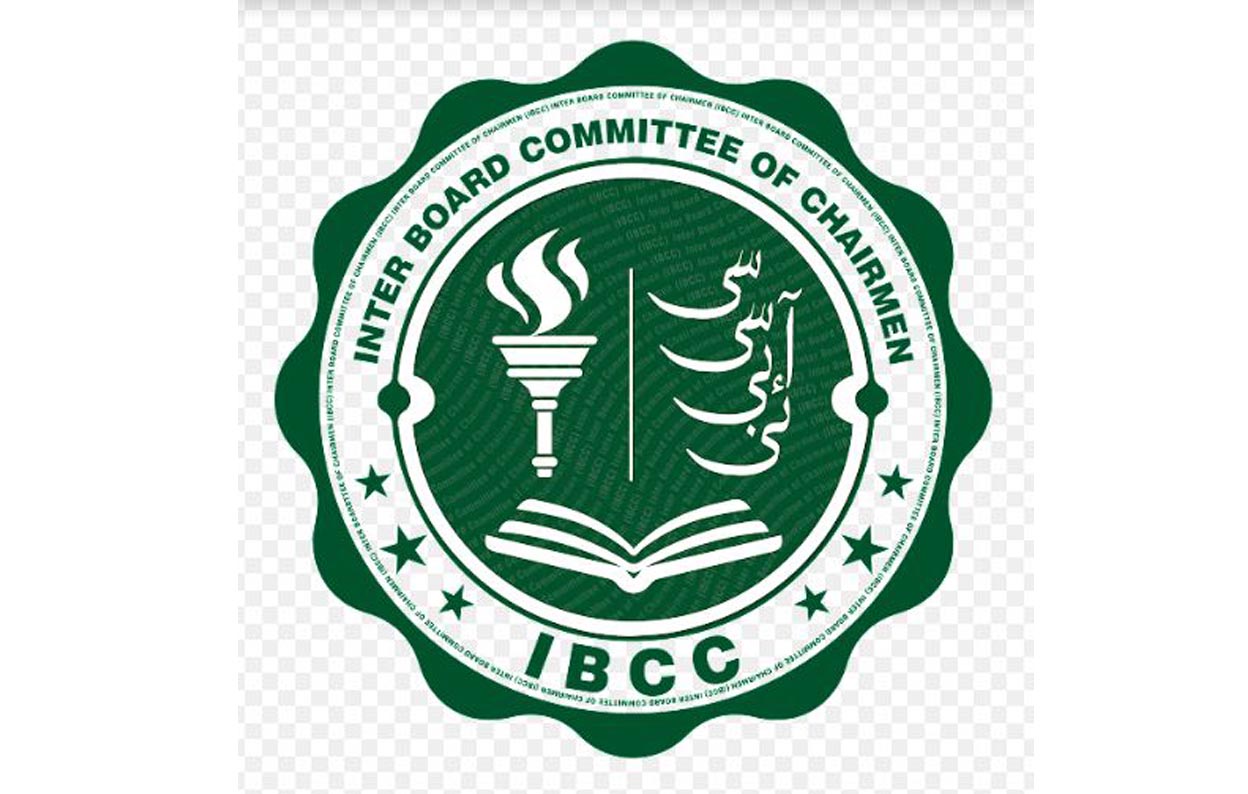ISLAMABAD, NOV 5 /DNA/ – On the directives of Federal Minister for Education & Professional Training Mr. Shafqat Mahmood, all the boards of intermediate and secondary education agreed that the examination and assessment pattern will be focused on conceptual learning.
This agenda item for the improvement of examination system was placed in 170th Meeting of Inter Board Committee of Chairmen (IBCC) Forum in Islamabad which was attended by 49 members including 30 examination boards.
It was agreed that all the examination boards will prepare SLO (Students Learning Outcome) based question papers in future. The boards agreed to gradually move towards higher cognitive level questions with the weightage knowledge 30 percent, Understanding 50 percent and Application 20 percent.
The IBCC Forum recommended various examination reforms and advised boards to discuss the implementation strategy at their concerned forums.
The major recommendations included introducing automation of examination for improving efficiency and transparency, conducting curriculum-based examination, capacity building of examination staff & teachers to make assessment more valid & reliable, developing central items bank & rubrics to make assessment authentic, enhancing security system at the examination centers to curb cheating and other malpractices in examination, e-marking to make work smarter & faster, establishing research section in boards for analysis & future improvements.
The forum appreciated the initiatives taken by Federal Board and Kohat Board for introducing various reforms & technology in the examination system to ensure transparency & reliability.
Secretary IBCC Prof. Dr Ghulam Ali Mallah said that it was the vision of Federal Minister for Education & Professional Training Mr. Shafqat Mahmood to change the examination pattern that must be based on the concepts & understanding. He further said that these recommendations will play pivotal role to dent the old conventional system that is based on rote memorization. The reforms will help students to be problem-solvers

















